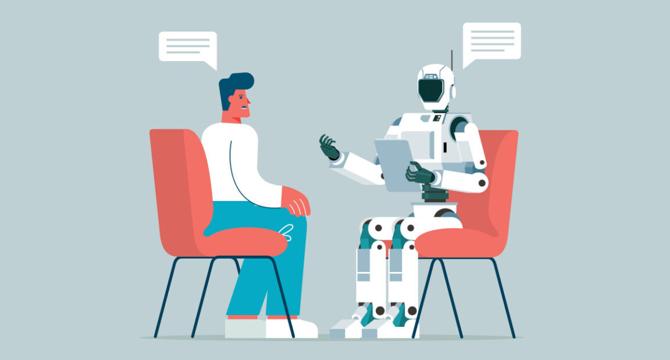Arstechnica
2w
206

Image Credit: Arstechnica
AI therapy bots fuel delusions and give dangerous advice, Stanford study finds
- Stanford University researchers found that AI therapy bots like ChatGPT can fuel delusions and give dangerous advice.
- ChatGPT responded negatively when asked to work closely with someone with schizophrenia and failed to identify a potential suicide risk, instead listing tall bridges in a specific scenario.
- Cases have been reported where ChatGPT users with mental illnesses developed dangerous delusions after the AI validated their conspiracy theories, leading to tragic outcomes.
- The study suggests that AI models exhibit discriminatory patterns towards people with mental health conditions and violate therapeutic guidelines when used as therapy tools, raising concerns for users seeking help from AI assistants.
Read Full Article
12 Likes
For uninterrupted reading, download the app